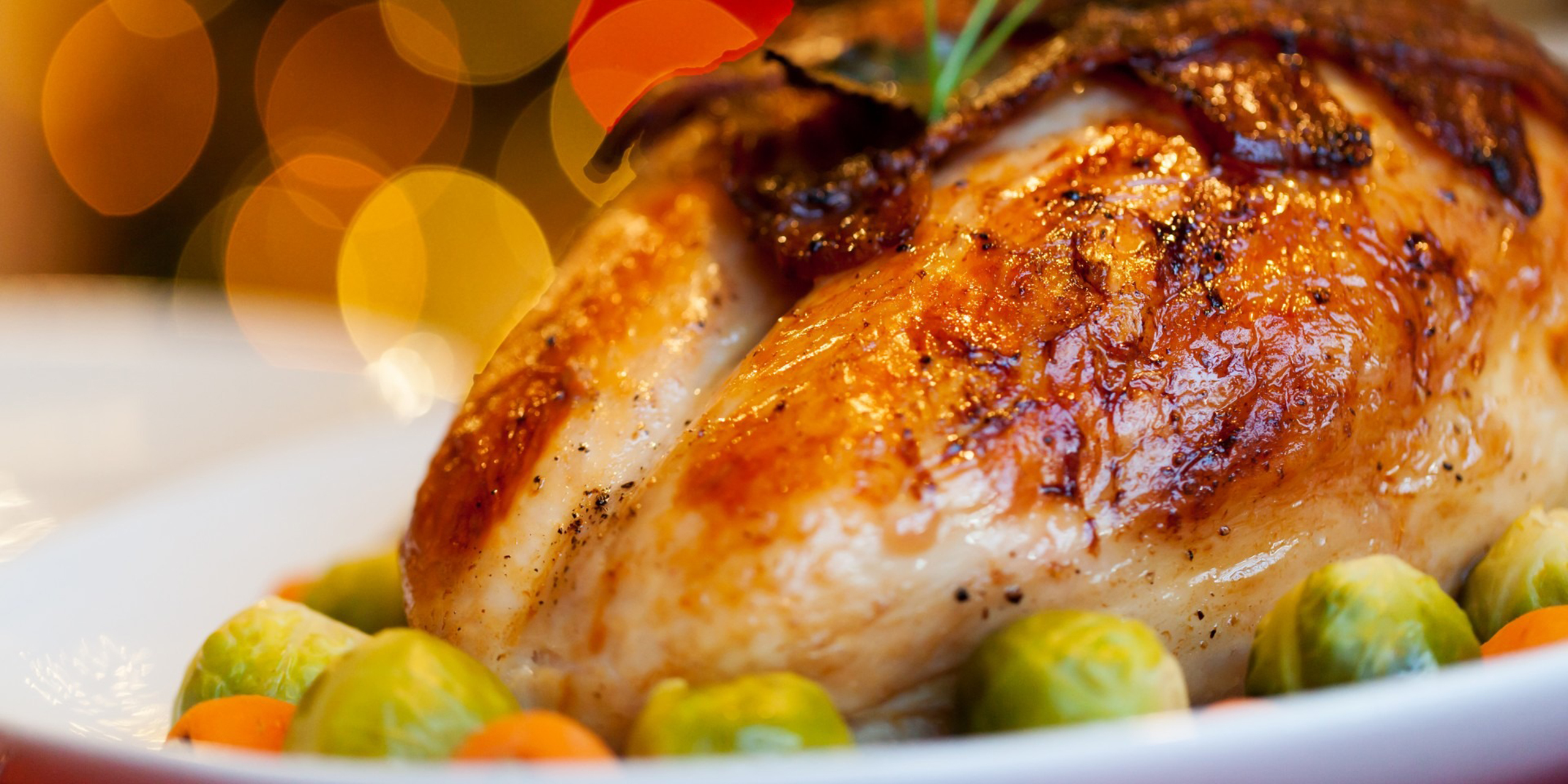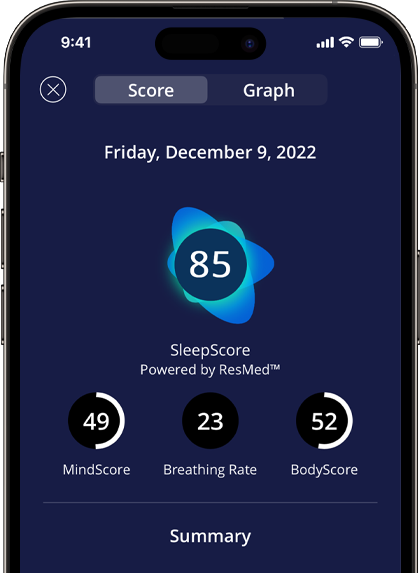Turkey Sleep Hormone: What Is It & Why Do I Get Tired?

Picture the last few Thanksgiving dinners you’ve experienced. After a dab of the chin with your napkin, you push back from the table with a satisfying grin, having just enjoyed a traditional Thanksgiving dinner of potatoes, stuffing, pie, and of course, turkey. You have big plans after dinner to watch the game, visit with friends or play a round of touch football. But then that familiar feeling happens. Your energy is zapped, your eyes can barely open, and the only thing your body can do is lay horizontally in a recliner.
Everyone talks about the “turkey coma,” as a result of the amino acid L-Tryptophan that’s found in turkey, but is that really the culprit? What’s truly causing the fatigue and lethargy that sets in an hour after our annual feast? Let’s dive into the facts.
Tryptophan Facts
According to the experts:
- L–Tryptophan is an essential amino acid that the body needs but doesn’t make on its own.
- This amino acid is a building block of proteins typically found in poultry, cheese, meat, yogurt, and eggs.
- The body uses Tryptophan to make niacin, a B Vitamin that’s important for digestion, skin, nerves, and serotonin. Serotonin is the secret sauce in our brain that puts us in a better mood and helps us sleep and feel better.
- Tryptophan is a scarce amino acid that can’t get to the brain without help, so it looks for ways to be shuttled across the blood, competing with other amino acids to hitch a ride on stronger transport proteins.
- It’s also is a pre-cursor to Melatonin (a sleep-associated hormone). But contrary to popular belief, eating plates full of turkey does not boost production of melatonin.
- Turkey typically contains less L–Tryptophan than other poultry, according to Dawn Jackson Blatner, RD, LDN, an American Dietetic Association spokeswoman and author of The Flexitarian Diet.
Turkey Sleep Hormone: What Is It & Why Do I Get Tired?
So, if the amount of L–Tryptophan in turkey is actually lower than in the chicken we eat many other days of the year, and if it doesn’t boost melatonin production, why are we fighting to keep our eyes open every Thanksgiving? The simple answer might be helpings, as in that second and third helping of food we pile on our plates. Overeating puts the body’s digestive system into serious work-mode and the energy required to digest large meals can leave you feeling exhausted so if you want adequate sleep, diet is important.
Stanford biologist H. Craig Heller gave a more scientific explanation. “Studies have indicated that stretching of the small intestine induces sleepiness, and a protein–fat loading of the stomach induces sleepiness, and more blood going to the gastrointestinal tract means less going elsewhere,” like the brain or skeletal muscle. And since many Thanksgiving revelers wash down their feast with a glass of Pinot Noir or a few IPAs, it creates the perfect formula for snooze-ville!
We also need to consider the time of the year, as we all know that holiday schedules can wreak havoc on our sleep patterns. It’s no surprise that after all the traveling, keeping kids entertained, cooking for extended family, and partaking in other festivities, we’re falling asleep so easily after a big meal especially with our travel pillows.
So, this year don’t blame the bird for the “turkey coma.” Instead, embrace the opportunity to celebrate with loved ones, eat amazing food, and get some sleep! Happy Thanksgiving!


